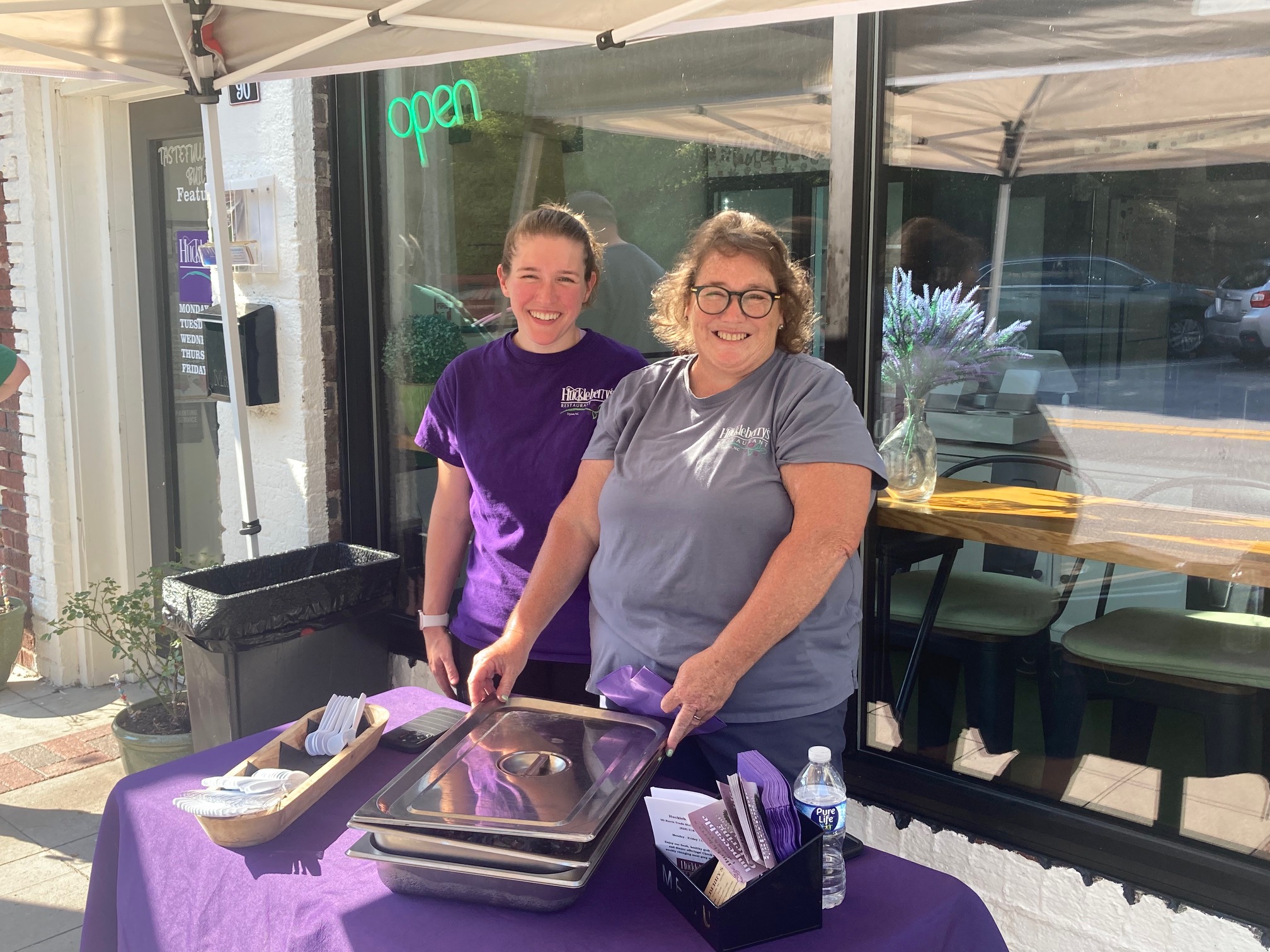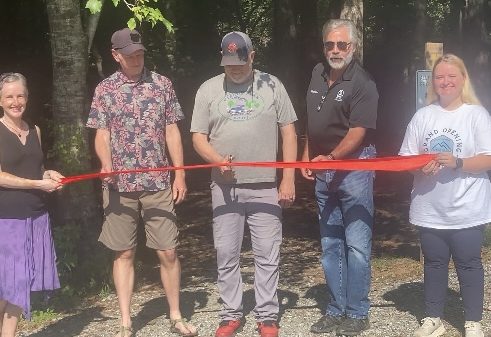Private property rights
Published 10:00 pm Wednesday, September 21, 2016
Every month I try to think of something new about conservation to tickle your mind; sometimes inspiration comes, sometimes not. Up until yesterday (one day after the Conservation Corner was due into the TDB office), nothing came to my mind that inspired me to sit down at the computer. Luckily, the spark of illumination came yesterday afternoon.
Walter Edgar (of South Carolina public radio) had a guest on his show at lunchtime yesterday. His guest was a woman from the Nature Conservancy, telling the listening audience about the thousands of acres now preserved either through ownership or conservation easements held by the Nature Conservancy.
Her parents put an easement on their family farm and she was telling Walter about the bundle of land use rights that her family had voluntarily deeded over to the Nature Conservancy. The statement that she made that gave my mind a kick start was something like this: “People who oppose conservation easements because of a strong belief in private property rights may not understand that placing an easement on a piece of property is the ultimate exercise of a landowner’s private property rights. A conservation easement stipulates what happens on the easement donor’s land long after they are dead and gone.”
That means that a conservation easement takes money out of the argument. Let me explain. The main reason people are hesitant to encumber their property with a conservation easement is because it usually lowers the re-sale value of that property. Terms of a conservation easement might stipulate that the land cannot be subdivided, or cannot be used for any commercial or residential development, or cannot be logged, etc.
All conservation easements are different. A “forever wild” type easement basically gives the land back to nature; all that is allowed on the land is walking, hiking, passive recreation. An agricultural easement allows for farming and/or sustainable forestry, but maybe no residential or non-agricultural commercial development. A good conservation easement is designed to be compatible with the parcel of land being protected. Each piece of land is different, in different neighborhoods with different owners, so easements are by necessity different.
A conservation easement usually makes it impossible, or at least extremely difficult, to make a lot of money on the re-sale of that land down the road. Many people look at land as an investment, the same as they would look at stocks as an investment. Personally, I look at land as security; if the land is paid for, I always have a place to go – I will never be homeless, even if that home is a tent. We have a garden so that I can grow some food, and the chickens will give us eggs as long as I give them a little corn. Land is security. It’s a gift from our creator.
But for most people, land is an investment. Its value is calculated in monetary terms. The reason we value our private property rights is because we want the option to do whatever we want, most likely to make money. In a real estate class the instructor told us that there are three ways to make big money: energy (oil, coal, gas), real estate, and to inherit it. All three of these are gifts, ultimately from the same entity.
Most of the folks from around here who have sold their land have done so because they are either tired of paying the taxes, or they can’t pay the taxes that get raised year after year. Although high real estate values might be something that many of you readers think is a good thing, it’s disaster for local folks with low incomes and lots of land. All they can do is struggle to pay the taxes, or sell it. Selling is often what they do, and they are praised for getting such a high price for that land that has simply been sitting there, doing nothing to bring in a dollar, all these years.
Here’s the rainbow at the end of this column. A conservation easement can not only protect the land, but can also allow a non-wealthy landowner to keep the land. If a piece of land is registered as a working farm (minimum 10 acres) or forest (minimum 20 acres) with the NC Department of Agriculture in the state’s Present Use Value taxation bracket (which reduces the land’s property tax each year by nearly 90 percent), and the landowner encumbers the land with a conservation easement that restricts the land to agriculture or farming forever, then the county can never raise that property’s annual property taxes above the lower, agricultural rate.
That means that we can keep our land, and pay the taxes, even if the world economy falls down the tubes, leaving Allen and me living off the pumpkins and corn from our little garden. We will always have a place to lay our heads. That is the ultimate security, which might be translated as the ultimate use of our private property rights.





